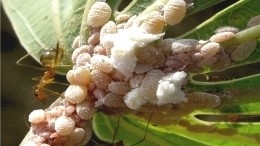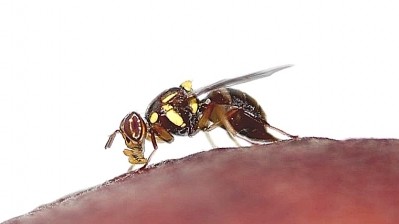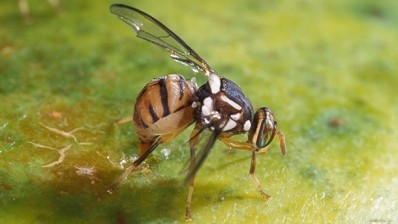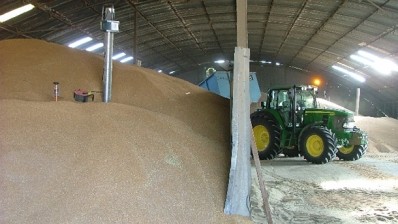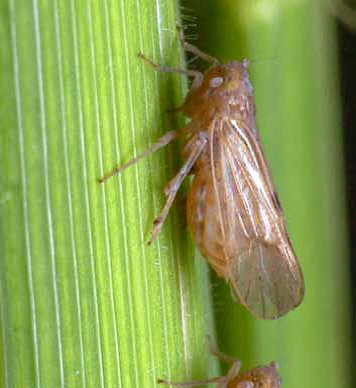FAO honours Thailand for its part in wiping out cassava mealybug pest
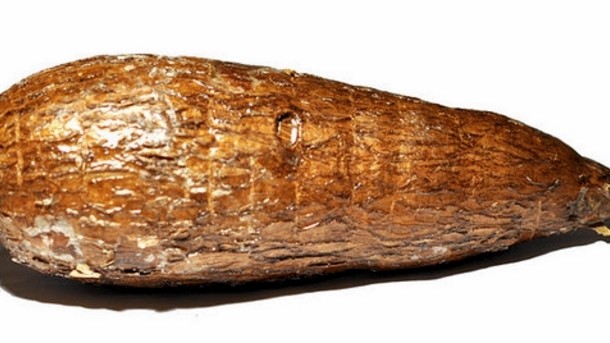
The Saouma award is presented by the Food and Agriculture Organisation of the United Nations each year to institutions that have implemented with particular efficiency a project funded by FAO's Technical Cooperation Programme.
Thailand played a key role in providing on-site training, technology and supplies of the parasitic wasp Anagyrus lopezi to its neighbours, according to the FAO.
Four years ago, Thailand’s agriculture department raised and released 6m pairs of the tiny insect, which was first used in the 1980s in a successful biocontrol programme in Africa. The wasp is a natural predator of the cassava pink mealybug, which injects a toxin into the cassava plant while feeding on its leaves and stems.
When the mealybug appeared in Thailand in 2009, it was serious a concern for the region. After the country appealed to the International Institute of Tropical Agriculture in Benin for assistance, the institute provided a small stock of the bug-killing wasp, which were bred and released in Thailand in 2011.
A. lopezi is adaptable to a wide range of environmental conditions and succeeds in controlling the cassava mealybug by injecting its eggs into the insect. The pest population falls dramatically as the eggs hatch and the larvae feed on the mealybugs.
It took a decade for scientists in Africa to control a mealybug epidemic that began there in the 1970s and threatened to wipe out cassava production across the continent. Thailand, though, saw significant results in just a few years.
Along with training on ecological pest management, the wasp’s impact helped reduce 176m infested hectares in May 2009 to just 11 hectares by October 2013.
Thailand's growers alone account for more than 60% of global cassava exports—and combined with neighbouring Vietnam, Laos and Cambodia, the figure reaches 90%. On the mealybug’s appearance, Thailand’s Department of Agriculture estimated losses of 40-50%, adding up to more than US$150-200m in crop damage in the first year alone.
Around 5m southeast Asian farmers grow cassava for domestic and foreign processors, which convert the starch crop to a range of products including tapioca, glue and ethanol.
When the presence of cassava pink mealybug was discovered in the Greater Mekong region, Thailand’s agriculture authorities offered to share their expertise through an FAO-led technical co-operation project.
This supported studies on the ecology of insect pests and their natural enemies, and provided technical assistance to produce large numbers of biocontrol agents, such as the wasps.
All of the countries with cassava mealybug populations are now equipped with the technical skills to quickly produce and release the wasps on a large scale, the FAO said.
Other awardees at the FAO’s annual ceremony in Rome included the African Union Commission, the National Geographic Society and the non-profit World Rural Forum.
FAO director-general José Graziano da Silva congratulated the winners and said: "Our mission now is to help countries to achieve the sustainable development goal, and prepare a greater event in 2030 to celebrate the eradication of hunger and extreme poverty.
“We have the conditions for that. Let us be the first generation free from hunger. Let us all work together to make it a reality.”
